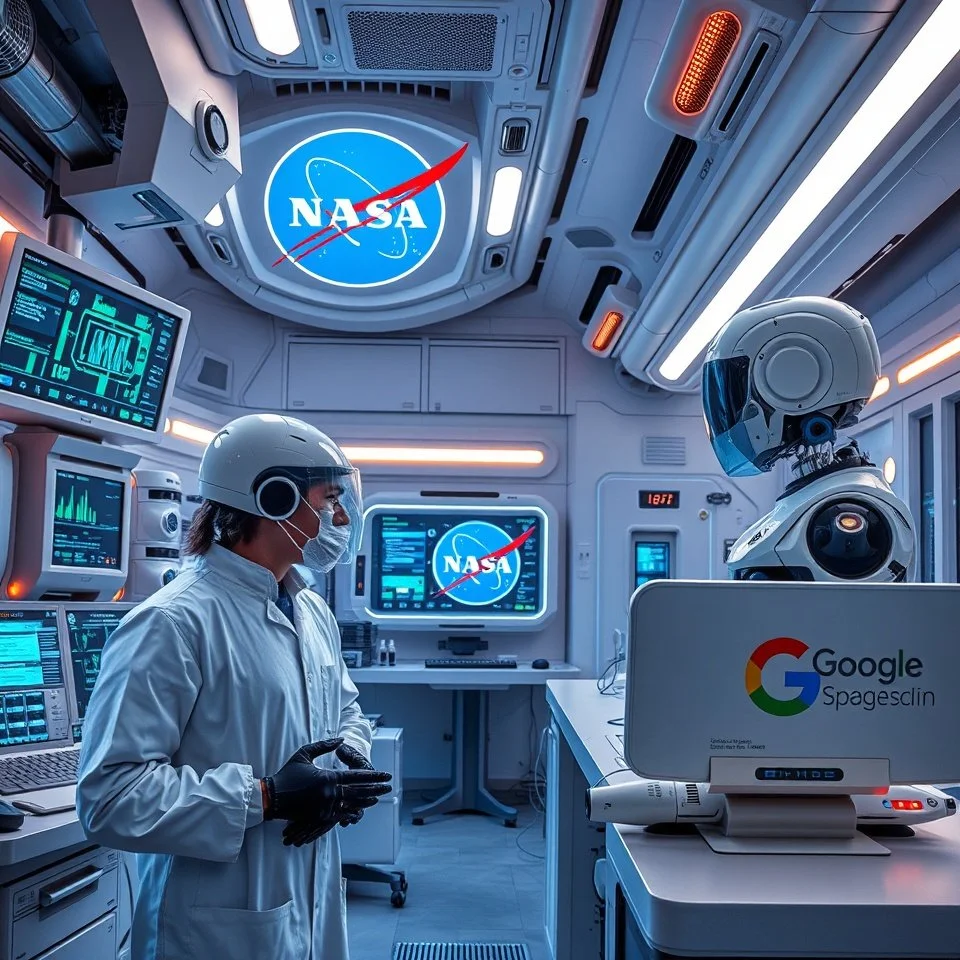NASA, Google Testing AI for Medical Care in Space
Google and NASA have announced a new partnership to bring AI-enabled medical care to spaceflights.
The news comes as NASA prepares for its new Artemis mission to return to the Moon, with investigations underway into how to conduct remote diagnoses and treatments to crew without a physician or when real-time communication with Earth may not be possible.
“Supporting crew health through space-based medical care is becoming increasingly important as NASA missions venture deeper into space,” the partners said in a statement.
To address this challenge, the companies have developed a proof-of-concept for an automated Clinical Decision Support System known as the "Crew Medical Officer Digital Assistant" or CMO-DA.
The tool is designed to help astronauts autonomously diagnose and manage medical conditions using a multi-modal AI interface. Combining natural language processing, machine learning and “spaceflight literature,” CMO-DA offers real-time health assessments and potential treatment options.
Initial tests of the system involved simulating various medical scenarios, with performance measured using the Objective Structured Clinical Examination, a framework typically used to evaluate clinical skills in medical students and health care professionals.
Results from the initial tests showed positive results. Next, Google and NASA said they plan to continue development of the tool in collaboration with medical professionals, aiming to refine its performance and expand its capabilities.
“This innovative system isn't just about supporting space exploration; it's about pushing the boundaries of what's possible with AI to provide essential care in the most remote and demanding environments,” the partners said.
“This tool represents an important milestone for AI assisted medical care and our continued exploration of the cosmos. It holds potential for advancing space missions and could also benefit people here on Earth by providing early access to quality medical care in remote areas,” they added.
Please click HERE to view the original article.

